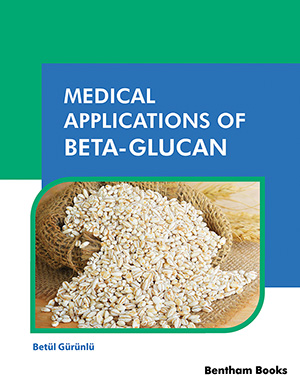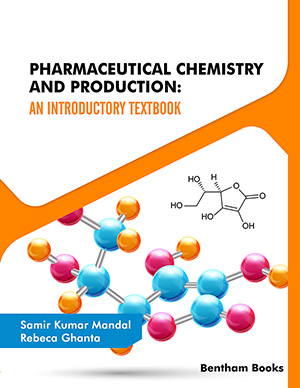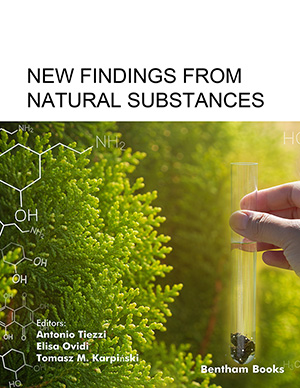Abstract
Liver diseases are considered a major global public health problem that is
always underestimated. Damage to hepatocytes caused by drugs, toxins, viruses, etc. is
a major cause of hepatic disorders, including liver cancer. Oxidative stress is
considered a primary underlying mechanism of liver disorders. Cytokine produced in
response to ROS plays an important role in damaging the liver. Plants are also
considered an important source of phytoconstituents with hepatoprotective activity. As
part of the diet, edible plants could play an important role in protecting the liver from
injury caused by oxidative stress, microorganisms, or other exogenous substances.
Many vegetables, fruits, and spices have been investigated for their hepatoprotective
activity in pre-clinical studies. Phytoconstituents like curcumin, catechin, rutin,
myristicin, fumaric acid, silybin, picroside, kutkoside, glycyrrhizin, silymarin, and
apigenin were found to exhibit hepatoprotective and antioxidant activity through
diverse mechanisms including antioxidant activity, and anti-inflammatory activity. This
chapter highlighted edible plants with hepatoprotective activity.
Keywords: Antioxidant, Edible plant, Hepatoprotective activity, Phytochemicals.






















